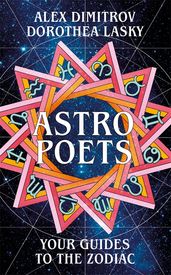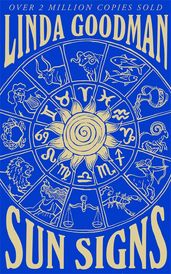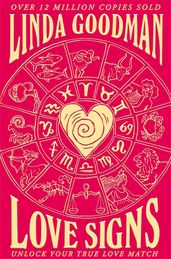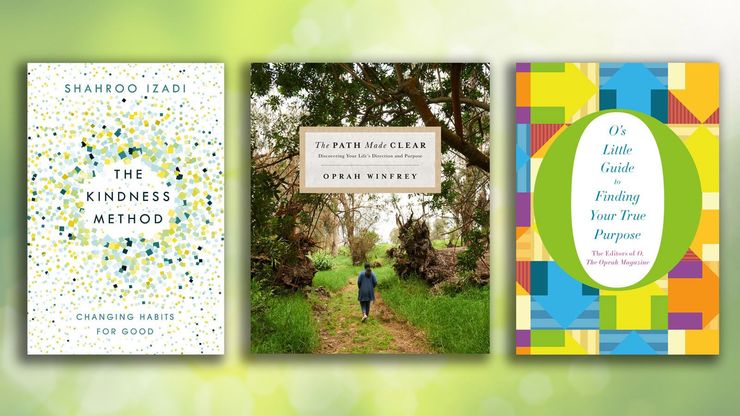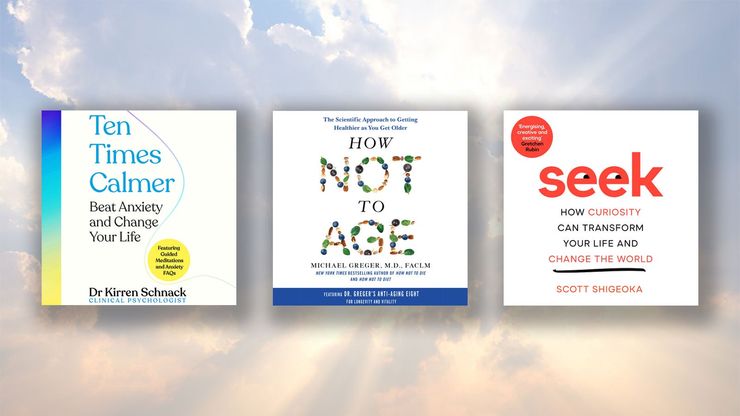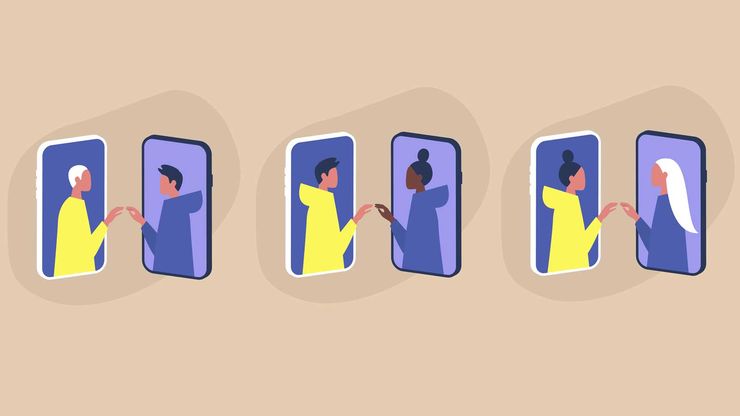Why is astrology so popular in the twenty-first-century?
Astrology is experiencing a surge in popularity, particularly among young women, unseen since the 1970s. Journalist Ali Roff Farrar investigates why.
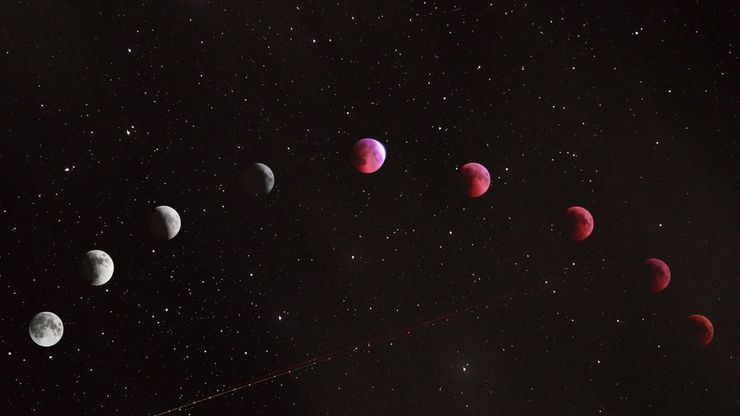
Astrology, for so long seen as the territory of New Agers still stuck in the ‘70s, is having a moment. A growing number of people, particularly millennial women, are turning to astrology to help them judge relationship compatibility, understand friendship dynamics and make life decisions. But what's behind this rise in popularity? Ali Roff Farrar investigates and finds that, maybe, we're all just looking for answers in an uncertain world . . .
'Virgo, you are organised and reliable, and your strong practical, good common sense is often the reason for your core success', declares Susan Miller on her popular astrology website www.astrologyzone.com. But I have a confession. Open up any cupboard in my home and enough chaos to drown a small family will tumble out. I'm often late, I lose things easily; I'm an anomaly, a deviation, an irregularity… I'm a disorganised Virgo.
Whenever I read the Virgo traits, I feel like a fraud. It's as if I somehow slipped through the cosmic net into a star sign I don't really belong to. And yet, despite this, every month without fail I hop online and read astrological musings to help guide me through the ups and downs of the month ahead.
Star-gazing: where did astrology come from?
From celestial navigation to foretelling our destinies, we've long looked to the stars for guidance. Astrology itself dates back to the 2nd millennium BC – with Babylonian astrology being the first organised system – and until the 17th century, astrology was considered a scholarly tradition. Even Carl Jung, a psychiatrist and psychoanalyst whose mid-1900 studies centred greatly around archetypal personalities, used astrology to guide his work:
‘In cases of difficult psychological diagnosis, I usually get a horoscope in order to have a further point of view from an entirely different angle. I must say that I very often found that the astrological data elucidated certain points which I otherwise would have been unable to understand.’
— Carl Jung
But in general, as the sciences developed, scepticism around the tradition of astrology rose, and modern science has widely found it to be unreliable – for example, there have been many studies that have found that when it comes to personality, astrology isn't a determining factor1.
Despite this, a 2014 study by the National Science Foundation in America found that scepticism around astrology was decreasing, which could be due to the fact that, as well as the die-hard astrologers who have always believed, a new generation is embracing it with open arms. The same study found that more than half of 18-24 years olds believe astrology is a scientific tradition.
Over recent years it seems more and more of us are turning towards astrology and studying our horoscopes with diligent faithfulness. Linda Goodman's Sun Signs, a tome that has stood as an authority and benchmark in its field since it was first published in 1968, is a good place to start for the newly interested.
Looking within: why is astrology making a twenty-first-century comeback?
So, why are we turning in ever greater numbers to astrology? Take a look on Instagram and you'll find fewer ‘Mystic Megs' and more ordinary people from all walks of life, posting about their signs as naturally as they would about their breakfast. And astrologers are connecting with us through fresh and current mediums (pun intended) – the brilliantly funny Dorothea Lasky and Alex Dimitrov, aka the Astro Poets, for example, who deliver advice, insight and comedy via astrological based poetry to their 700k followers on Twitter, as well as in their book Astro Poets: Your Guides to the Zodiac.
As the wellness industry booms and the #selfcareohyeah audience tunes in to their physical, mental and spiritual health, it's not illogical to hypothesise that the recent rise in the popularity of astrology is linked to our increased obsession with all things wellness. And there is evidence to support this theory: according to Google trends, online interest in the UK in both ‘wellness' and ‘horoscopes' has doubled since 2010. And it seems at the beginning of each year we have a tendency to consult our online horoscopes for the year ahead, at the same time as googling ‘wellness' more than any other time. As we look deeper inside and try to improve and ultimately understand ourselves, our zodiac signs provide a template to comprehend who we are and what we need on a deeper and more meaningful level.
Looking for certitude: does astrology predict what is to come?
Looking outside of the wellness trend, if one thing's for certain, it's that we are living in an age of great uncertainty. Zero-hour contracts, an impossible-to-climb-onto property ladder, climate change and of course the ever-present pandemic, all add to feelings of ambiguity and insecurity in our lives. As humans, we're hardwired to dislike and avoid uncertainty, and it produces acute stress responses2, so when we cannot know how our futures will play out, it's understandable that we should turn in ever greater numbers towards astrology for clues.
Of course, the information our horoscopes proffer is not steadfast in its accuracy by any means, but astrology does give some sense of control over our lives. When uncertainty causes us to feel out of control, people fall into two camps. In the first camp are those of us who have an ‘internal locus of control', who believe that ultimately, we are responsible for the events in our life. And the second camp has an ‘external locus of control', believing that external factors are responsible for the outcomes in our lives, such as, say, the powers of astrology, the universe or religion. Statistically, women are more likely to sit in this second camp, believing that their life is guided by fate, luck or destiny3, and this correlates with research showing that more women believe in astrology than men4. So, for those of us who believe that forces greater than ourselves guide our lives, astrology is one place that could provide answers, direction and meaning.
‘For those of us who believe that forces greater than ourselves guide our lives, astrology is one place that could provide answers, direction and meaning.’
While it's difficult to know exactly how many of us actually believe in astrology, evidence shows that over 90% of adults know their zodiac sign, and ultimately, as we try to counterbalance the outside world's uncertainty with a greater understanding of our own inner world, astrology seems like as healthy a place as any to begin to place our awareness and reflect on who we are and what we need.
In this episode of Book Break, Emma recommends the perfect book for every star sign:
1 Bernie I. Silverman & Marvin Whitmer (1974) Astrological Indicators of Personality, The Journal of Psychology
2 de Berker, A., Rutledge, R., Mathys, C. et al. Computations of uncertainty mediate acute stress responses in humans. Nat Commun
3 Adrian C. Sherman, Graham E. Higgs & Robert L. Williams (1997) Gender differences in the locus of control construct, Psychology & Health
4 According to a 2005 Gallup poll.
Books on astrology
Astro Poets: Your Guides to the Zodiac
by Dorothea Lasky
Social media sensations the Astro Poets have written the must-have astrology guide for the twenty-first century with insight and humour. They’ll help you see what’s written in the stars and use it to navigate your relationships, friendships and career.
Sun Signs
by Linda Goodman
First published in 1968, Linda Goodman’s Sun Signs is a comprehensive guide to the signs of the zodiac. Linda explains the importance of the sun and the characteristics of each sign, and how these can be used to really get to know the people in your life.
Linda Goodman's Love Signs
by Linda Goodman
An updated edition of the sensational New York Times bestseller from world-famous master astrologer, Linda Goodman’s Love Signs is a complete astrological guide to personal relationships, offering compelling insight and advice for every zodiac sign – and the compatibility of every possible pairing.
